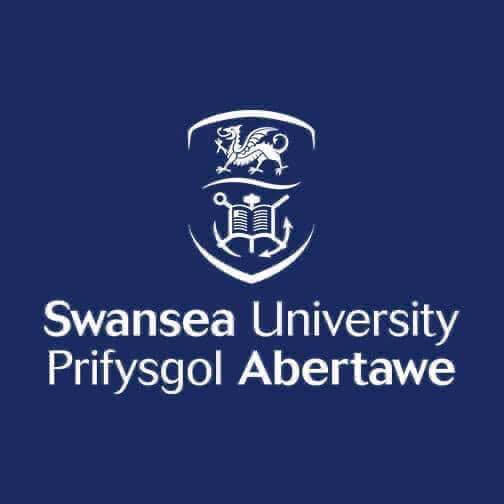fees waived
Marine Biology, BSc (Hons)
Swansea University, United Kingdom
Ranking in UK
Biomedical Science
Ecology
Biological Science
Costs
food & rent S$18.4k / year
Entry requirements
Scholarships
Limited quantity
Limited quantity
Limited quantity
Information
Code
Code
Intakes
Website (External)
Programmes
Information
Duration
2029
Marine biology offers an engaging exploration of oceanic life through diverse modules such as marine plankton, oceanography, ecosystems, and ecology. Located on the coast, the course provides access to varied habitats like rocky shores, cliffs, salt marshes, and estuaries, with hands-on boat work on a state-of-the-art 18m catamaran survey vessel. Facilities include a £1.6m survey vessel, a centre for sustainable aquatic research, a £1.3m visualisation centre, and a £4.2m science laboratory. Accredited by the Royal Society of Biology, the BSc programme covers topics like animal welfare, conservation, microbiology, and climate impacts, and includes options for a Year in Industry or Abroad to enhance employability.In Year 1, students study animal diversity, cellular biology, ecology, and core skills. Year 2 focuses on marine ecosystems, ichthyology, and field courses, while Year 3 explores aquatic diseases, fisheries, polar biology, and conservation. Teaching involves lectures, seminars, practical classes, and field courses, with assessment through exams, coursework, and research projects. We guarantee conditional offers for eligible applicants; visit our Open Day for more details.
A local representative of Swansea University in Singapore is available online to assist you with enquiries about this course.

